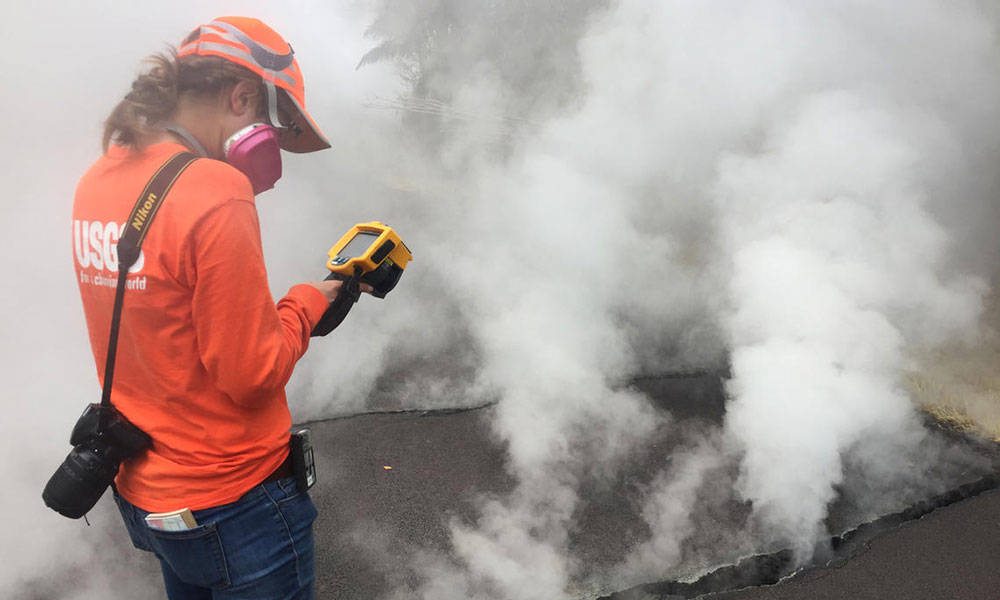
Hawaii Property Owners Can Turn to This Association to Cover Volcano Losses
The Hawaii Property Insurance Association, a public-private partnership, serves as an insurer of last resort during natural disasters, particularly for owners of properties damaged by flowing lava.
As Hawaii’s Kilauea volcano continues its slow eruption, insurance is inevitably on the minds of property owners whose buildings are at risk of damage or destruction from lava flow or a potential major explosion from the crater.
Thus far, dozens of homes have been destroyed, 2,000 people have been evacuated, and a geothermal plant is at risk, according to NBC News. And a major eruption would clearly threaten many more homes and buildings on the Big Island. Homeowners insurance may cover some claims, but for others, an association unique to Hawaii will pick up a lot of the slack.
The Hawaii Property Insurance Association was founded in 1991 by an act of the state legislature “to provide basic property insurance for persons unable to purchase homeowners coverage in the private market due to the ongoing volcanic eruption” in certain “lava zones” on the island of Hawaii, according to the HPIA website. The program was later extended to the entire state. Policies offered by the association, which is operated as a public-private partnership between insurance companies and the state, have some limitations, including a lower level of coverage compared to traditional insurance plans.
All licensed property and casualty insurers in Hawaii are members of HPIA and are authorized to help owners submit applications for coverage.
Some critics have suggested that the state encouraged more people to build in vulnerable areas when it created HPIA. Joe Kent, vice president of research at the Grassroot Institute of Hawaii, wrote this week that “if the state had stayed out of the situation, probably fewer families would have built in the area, and today there might be less housing destruction.”
But in comments to BuzzFeed, Hawaii Insurance Commissioner Gordon Ito defended the program. “We’re not the one determining the zoning and allowing where people build homes; we’re just trying to protect people against losses,” Ito said.
Whatever the case, HPIA will likely be called on in the coming weeks as residents grapple with the damage already done—and may yet be done—by Kilauea.
A Hawaiian Volcano Observator geologist measures the temperature of a fissure in the ground caused by the Kilauea volcano. (USGS/Public Domain)






Comments